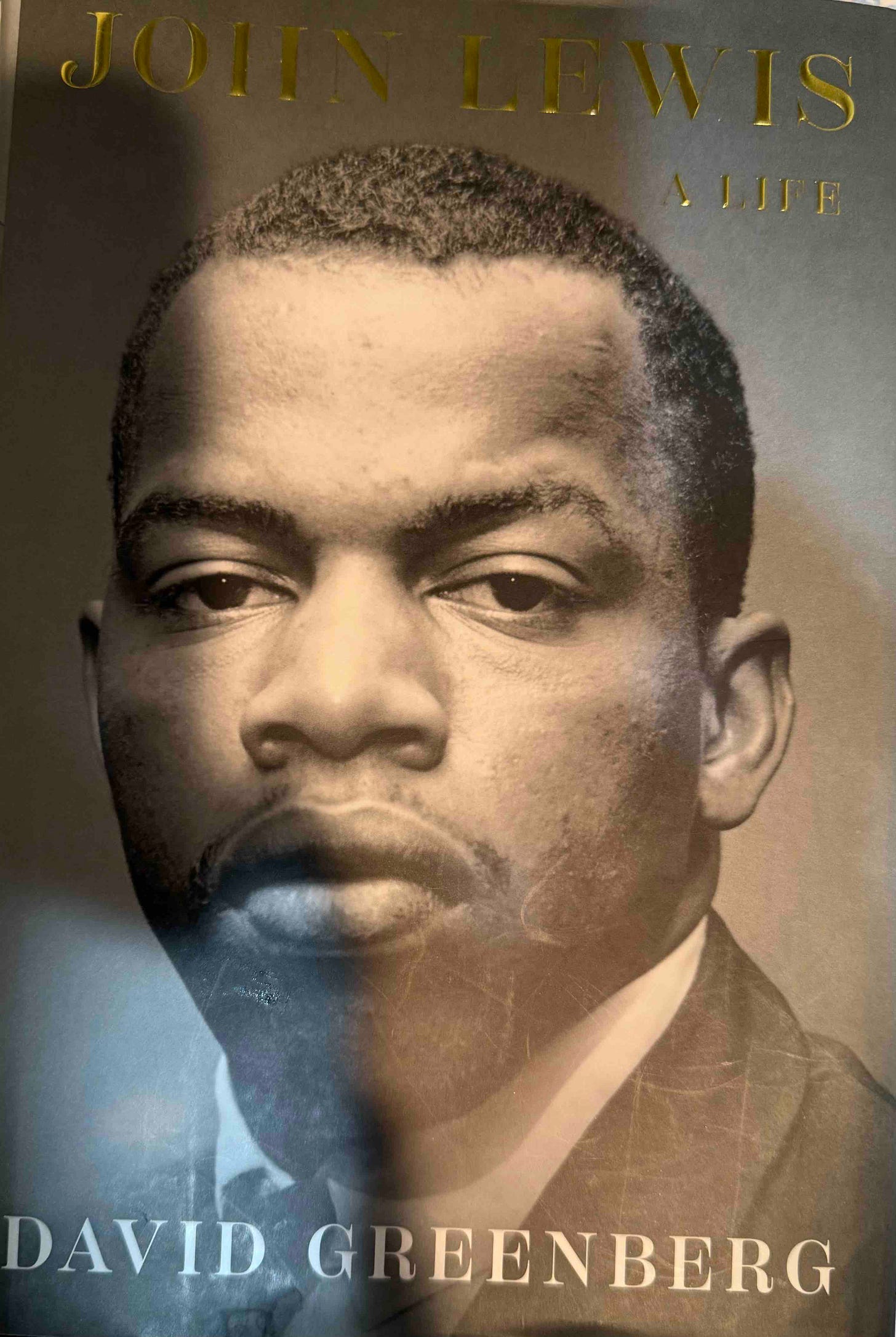How Faith Inspired John Lewis’s Civil Rights Courage
Plus, Xi Jinpeng’s “four red lines”
As a young reporter on Capitol Hill in the mid-1990s, I encountered Rep. John Lewis. He was bald, and so I could see where his head had been bashed in by Alabama state troopers on March 7, 1965, during a Civil Rights march over the Edmund Pettus Bridge in Selma.
“John Lewis: A Life,” a new biography by David Greenberg, who teaches at Rutgers, does a sensitive and perceptive job at answering probably the most interesting question about Lewis, which is the why. What motivated him? What gave him the courage to risk his life for the causes of desegregation and voting rights for black Americans? How did Lewis end up at the front of the line that afternoon on the bridge, on a day when others—even Martin Luther King Jr.—decided it was too dangerous?
Keep reading with a 7-day free trial
Subscribe to The Editors to keep reading this post and get 7 days of free access to the full post archives.



